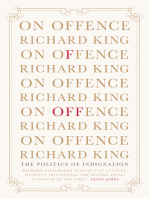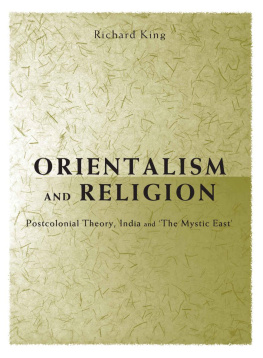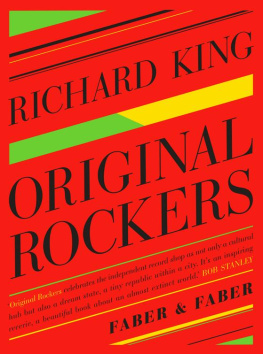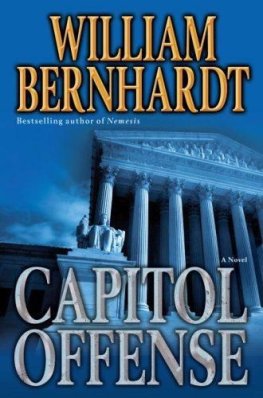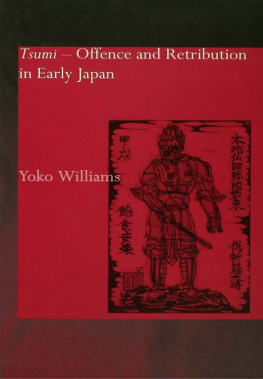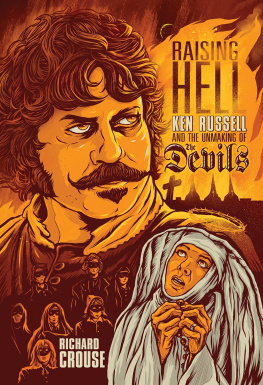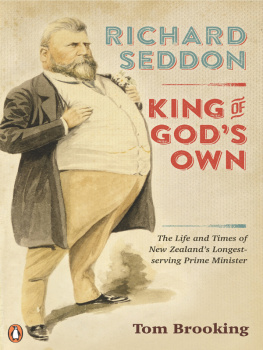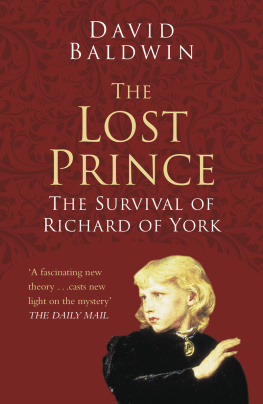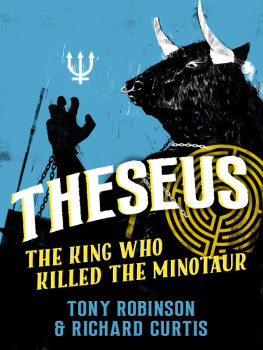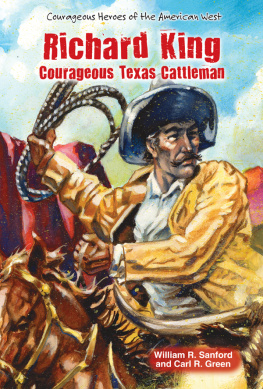Richard King - On Offence: the politics of indignation
Here you can read online Richard King - On Offence: the politics of indignation full text of the book (entire story) in english for free. Download pdf and epub, get meaning, cover and reviews about this ebook. genre: Religion. Description of the work, (preface) as well as reviews are available. Best literature library LitArk.com created for fans of good reading and offers a wide selection of genres:
Romance novel
Science fiction
Adventure
Detective
Science
History
Home and family
Prose
Art
Politics
Computer
Non-fiction
Religion
Business
Children
Humor
Choose a favorite category and find really read worthwhile books. Enjoy immersion in the world of imagination, feel the emotions of the characters or learn something new for yourself, make an fascinating discovery.
- Book:On Offence: the politics of indignation
- Author:
- Genre:
- Rating:3 / 5
- Favourites:Add to favourites
- Your mark:
- 60
- 1
- 2
- 3
- 4
- 5
On Offence: the politics of indignation: summary, description and annotation
We offer to read an annotation, description, summary or preface (depends on what the author of the book "On Offence: the politics of indignation" wrote himself). If you haven't found the necessary information about the book — write in the comments, we will try to find it.
On Offence: the politics of indignation — read online for free the complete book (whole text) full work
Below is the text of the book, divided by pages. System saving the place of the last page read, allows you to conveniently read the book "On Offence: the politics of indignation" online for free, without having to search again every time where you left off. Put a bookmark, and you can go to the page where you finished reading at any time.
Font size:
Interval:
Bookmark:
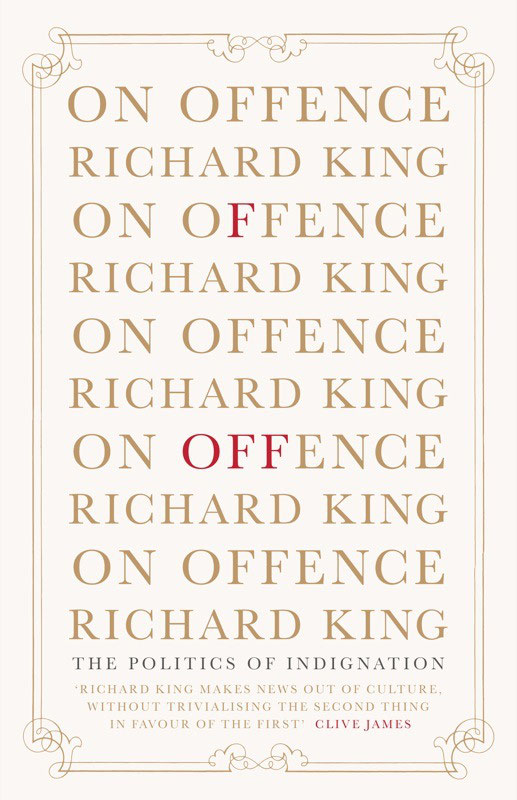
Scribe Publications
ON OFFENCE
Richard King was born in 1971 in England, and now lives in Fremantle, Western Australia. He is a freelance writer and has a masters degree in literary history. Richard writes and reviews books for The Australian and The Sydney Morning Herald, as well as for numerous journals and magazines, including Australian Book Review, Meanjin, Overland, PN Review Poetry London, Quadrant, Southerly, and The London Magazine.
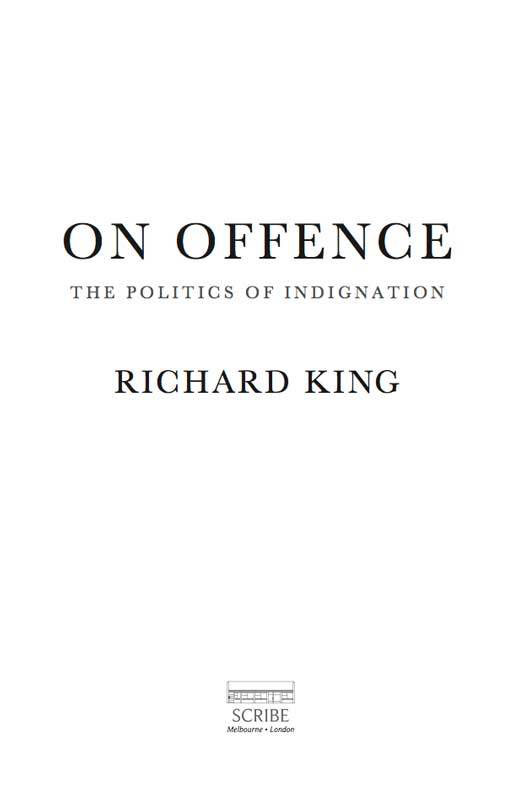
Scribe Publications Pty Ltd
1820 Edward St, Brunswick, Victoria 3056, Australia
50A Kingsway Place, Sans Walk, London, EC1R 0LU, United Kingdom
First published by Scribe 2013
Copyright Richard King 2013
All rights reserved. Without limiting the rights under copyright reserved above, no part of this publication may be reproduced, stored in or introduced into a retrieval system, or transmitted, in any form or by any means (electronic, mechanical, photocopying, recording or otherwise) without the prior written permission of the publishers of this book.
While every care has been taken to trace and acknowledge copyright, we tender apologies for any accidental infringement where copyright has proved untraceable and we welcome information that would redress the situation.
National Library of Australia
Cataloguing-in-Publication data
King, Richard, 1971- author.
On Offence: the politics of indignation / Richard King.
9781922070500 (Australian paperback)
9781922247230 (UK paperback)
9781922072641 (e-book)
1. Respect. 2. Honesty. 3. Offenses against the person. 4. Conduct of life.
179.9
scribepublications.com.au
scribepublications.co.uk
They came through the border post and found themselves in a grey street: the houses, the curtains at the windows, the clothing worn by Rats and people alike (yes, there were people here, Luka was relieved to see), all grey. The Rats were grey too and the people had acquired a greyish pallor. Overhead, grey clouds allowed a neutral sunlight to filter through. They developed a Colour Problem here a little while ago, Nobodaddy said. The Rats who hated the colour yellow because of its, well, cheesiness, were confronted by the Rats who disliked the colour red because of its similarity to blood. In the end all colours, being offensive to someone or other, were banned by the Rathouse thats the parliament, by the way, although nobody votes for it, it votes for itself, and it basically does what the Over-Rat says.
Salman Rushdie, Luka and the Fire of Life
For Sarah
Introduction: The Mind on Fire
1. When Dawkins Met Haggard
2. From Enlightenment to Entitlement
3. Fighting Ire with Ire
4. Thou Shalt Not Judge
5. Dont Tread on Me
6. I Feel, Therefore I Am
7. The Freedom to Offend
Epilogue: Is Nothing Sacred?
INTRODUCTION
Claim that something is offensive, and it is as if the assertion itself has automatically become an argument.
CHRISTOPHER HITCHENS, MAU-MAUING THE MOSQUE
He didnt look like the kind of man who could touch off an international crisis. With his horseshoe moustache and button nose, he looked like Jed Clampett from The Beverly Hillbillies, or Yosemite Sam without the hat. Nor was he any great shakes as an orator; to listen to him talk was to conclude pretty quickly that not much was going on behind that tabloid forehead besides an alarming talent for intolerance. Nevertheless, this Mayflower nutcase sure kicked up one hell of a stink.
His name was Pastor Terry Jones, and on 12 July 2010 hed announced his intention to burn the Quran, a book he described as of the devil. The burning was scheduled for 11 September, the ninth anniversary of the terrorist attacks on the World Trade Center and the Pentagon. It was now 9 September and Jones was addressing the waiting media outside the Dove World Outreach Center in Florida, where his congregation of around 30 souls had gathered to receive his message of Christian charity. Rolling his hands theatrically, as if displaying fresh stigmata, the pastor declared that the burning was off. God had given him a sign, he said, in the form of an imam whod agreed to shelve plans for an Islamic centre in downtown New York. Thus Pastor Jones, in climbing down from his threat of libricide, managed to sound even more unhinged than he did when brandishing a box of matches. Well, no matter. Crisis averted. The networks took up their equipment and walked.
The sigh of relief was palpable. In the weeks leading up to 9 September, officials had more or less begged the pastor not to follow through on his threat. The tone was set by General David Petraeus, the commander of US and NATO forces in Afghanistan, who warned that if the burning went ahead it would endanger the lives of US troops. President Obama denounced the plans, describing them as a recruitment bonanza for al-Qaeda and like-minded groups. Leaders from Muslim-majority countries, including Indonesias Susilo Bambang Yudhoyono, warned the United States of the consequences should the Florida pastor desecrate the Quran. Even celebrities chipped in with comments, solicited and duly reported by a media that seems to have decided not only that politics is show business for ugly people, but also that show business is politics for beautiful people. The actress Angelina Jolie was one such. I have hardly the words that somebody would do that to somebodys religious book, Jolie said when asked for her views on the matter.
If the reaction to the threat of the book burning was febrile, the reaction to the reaction was often facile. A few days after the pastors change of heart, an Australian lawyer named Alex Stewart uploaded a 12-minute video to YouTube in which he tears pages from a Bible and a Quran and uses them to make joints. (He later claimed that the smoked substance was not marijuana but grass clippings.) Entitled Bible or Koran which burns best?, the video attracted widespread interest and sparked a number of copycat smokings, as well as solemn denunciations from religious leaders and from Stewarts employers. Its just a book, declares Stewart in the video, still groggy from toking on John 3:15. Who cares? Its your beliefs that matter. Evidently some people cared very much, and they went online to unburden themselves in apoplectic and apocalyptic tones.
This cluster of events and non-events in which media beat-up met political meltdown, and where the determination to give offence was matched by the determination to take it did not materialise in a cultural vacuum. On the contrary, bigmouths and bigots were everywhere in the United States in the summer of 2010. The Islamic centre in New York known originally as Cordoba House, latterly as Park51, and popularly as the Ground Zero mosque was the focus for much of this demagoguery. Its proposed site was 51 Park Place in Manhattan, just two blocks north of Ground Zero too close for those (apparently numerous) Americans who were unable to distinguish between ordinary Muslims and Muslims bent on suicidemurder. Too close, certainly, for Newt Gingrich, who compared the plans for Park51 to placing a Nazi sign outside a Holocaust museum, and who suggested, with even greater cretinism, that there should be no mosque near Ground Zero in New York so long as there are no churches or synagogues in Saudi Arabia a statement that managed to put the United States on the same moral plane as an absolute monarchy in which women can neither drive nor vote. Too close, too, for Sarah Palin, who was moved to send her now infamous tweet urging all moderate Muhammadans to pls refudiate Park51. And too close for Mark Williams of the Tea Party movement, who described the proposed centre as a monument to terrorism.
Next pageFont size:
Interval:
Bookmark:
Similar books «On Offence: the politics of indignation»
Look at similar books to On Offence: the politics of indignation. We have selected literature similar in name and meaning in the hope of providing readers with more options to find new, interesting, not yet read works.
Discussion, reviews of the book On Offence: the politics of indignation and just readers' own opinions. Leave your comments, write what you think about the work, its meaning or the main characters. Specify what exactly you liked and what you didn't like, and why you think so.

